30 years ago, the idea of autonomous driving cars was only an amusing notion played out by science fiction television and a few crazy scientists in the Silicon Valley. Now self-driving cars are a viable, economical, and practical reality. A similar trend is evolving in today’s modern 21st-century workforce, where autonomous employees aren’t just science fiction, but a necessity for high performance and engagement that leads to cultural and financial excellence.
In today’s knowledge workforce, an employee’s engagement level is intimately linked to their sense of autonomy about the work they do and how they go about doing it on a day-to-day basis. As autonomy increases, so does the engagement of an employee. When individuals are given the opportunity to independently align their workflow with organizational mission, vision, values, and strategy, the passion for their work — and the organization they serve — dramatically increases. But, how do organizations build a culture of autonomy while still remaining accountable to meaningful business results?
“It doesn’t make sense to hire smart people and tell them what to do; we hire smart people so they can tell us what to do.” -Steve Jobs
How do you identify future #leadership in your organization? @InspireSoftware says look to your employees who are strong self-leaders first:Tweet This!Hiring, developing, engaging, and retaining self-leaders throughout your organization is the foundation to building an autonomous workforce while increasing healthy intentions throughout your workplace. You hired your employees for a reason, it’s important to demonstrate trust in them to do their job. Cultivating such a mindset demonstrates that you’ve invested in them and encourages them to return the favor.
Self-Leadership Explained
Self-leadership is not built on the premise that “everyone is a leader.” Self-leadership is more than a title or a role — it’s a mindset. Autonomous workers excel in managing themselves with minimal direction from their managers. They are motivated, understand how their role fits into the organization, and how the quality of their work impacts their team and the company — all of which are characteristics of employees who are highly engaged and dedicated to their work and their organization.
Common Self Leader Traits
Composure and Professionalism
Remaining cool under pressure and keeping your head on straight during times of stress is a critical skill for self leaders. The ability to navigate a strenuous workload makes for an employee who is reliable and dependable. Managers know they don’t need to hand-hold or have frequent check-ins with an employee who can effectively and efficiently maneuver through the ebbs and flows of their role.
Clear and Open Communication
Managers might not need regular face-to-face check-ins with their autonomous employees, but that doesn’t mean they don’t need to know what’s going on with their progress toward urgent objectives and key results. Effective self-leaders keep clear and open channels of communication to ensure smooth progress, and they collaborate on any obstacles and roadblocks that may be hindering progress toward the end objective. Being transparent and clear about how and what you’re doing helps both employees and managers work together to problem solve and do their jobs more effectively.
@InspireSoftware says an autonomous #workforce is the key to an engaged #CompanyCulture. Find out why in their latest blog post:Tweet This!Discipline and Organization
Less oversight requires a higher level of self-discipline and organization. Being able to prioritize, set deadlines through weekly and daily planning, manage workload priorities, and delegate tasks are all parts of the job that the manager usually handles, but is reflected in great self-leaders. Employees who are able to manage these things for themselves are those who have both a deep understanding of their role and take accountability for their work. It also indicates who will be able to smoothly transition to a higher level of leadership and organizational responsibility.
Flexibility and Adaptability
Those who are adaptable and open to change demonstrate a comfortability with their role. They have a deep understanding of the core competencies of their job that allows them to be flexible to new best practices, processes, workflows, and added or shifted responsibilities. Adaptability shows competence in the job and investment in the practices that are best suited to the business. Self-leaders know how to regularly assess and respond to their own needs as they pursue their goals. When they don’t have the answers or insights, they know how to effectively “manage up” to get the direction or inspiration they need to make progress.
From Self-Management to Managing Others
When looking for the next generation of leaders, look for employees who consistently demonstrate strong self-leadership competencies and skills. Find autonomous employees who are professional, disciplined, adaptable, and are effective in communication and collaboration with others. Those who manage their work well generally tend to have the characteristics that indicate they can be a strong leader of others.
When hiring new employees, seek out self-leaders. Onboard them to your organization and develop them further by aligning their experience and skills with a common leadership language throughout the company. Engage them by honoring their autonomy and recognizing their high performance. Promoting self-leadership in your organization creates a stronger sense of ownership, more connected teams, and increased loyalty to the organization.
Discover the benefits of an autonomously driven culture. We’d love to tell you more about the ways Inspire Software can help you build a culture where employees want to come to, stay, and thrive. Or, download our Guide to Creating a Culture of Excellence.

